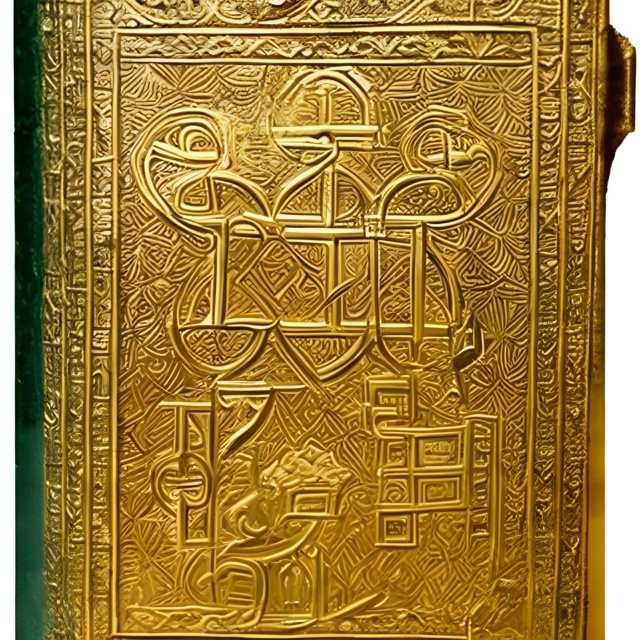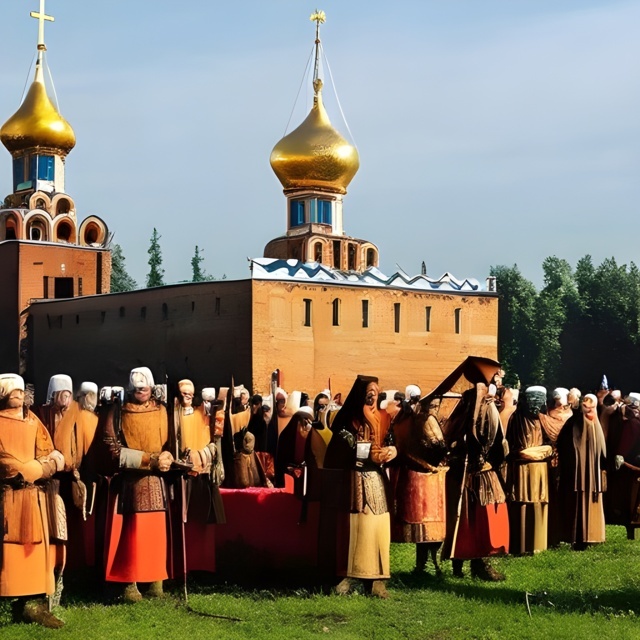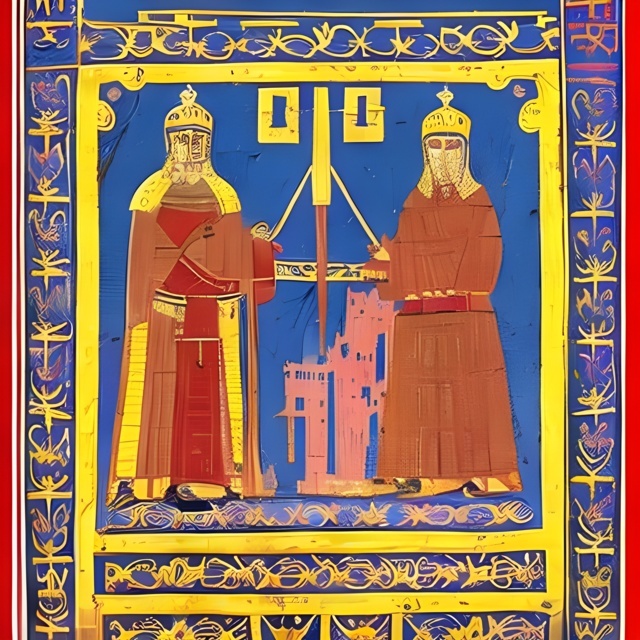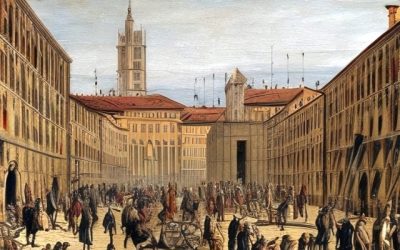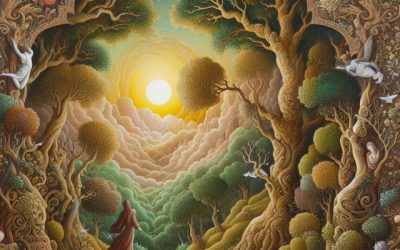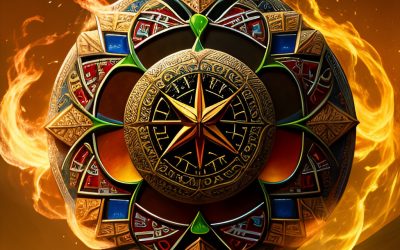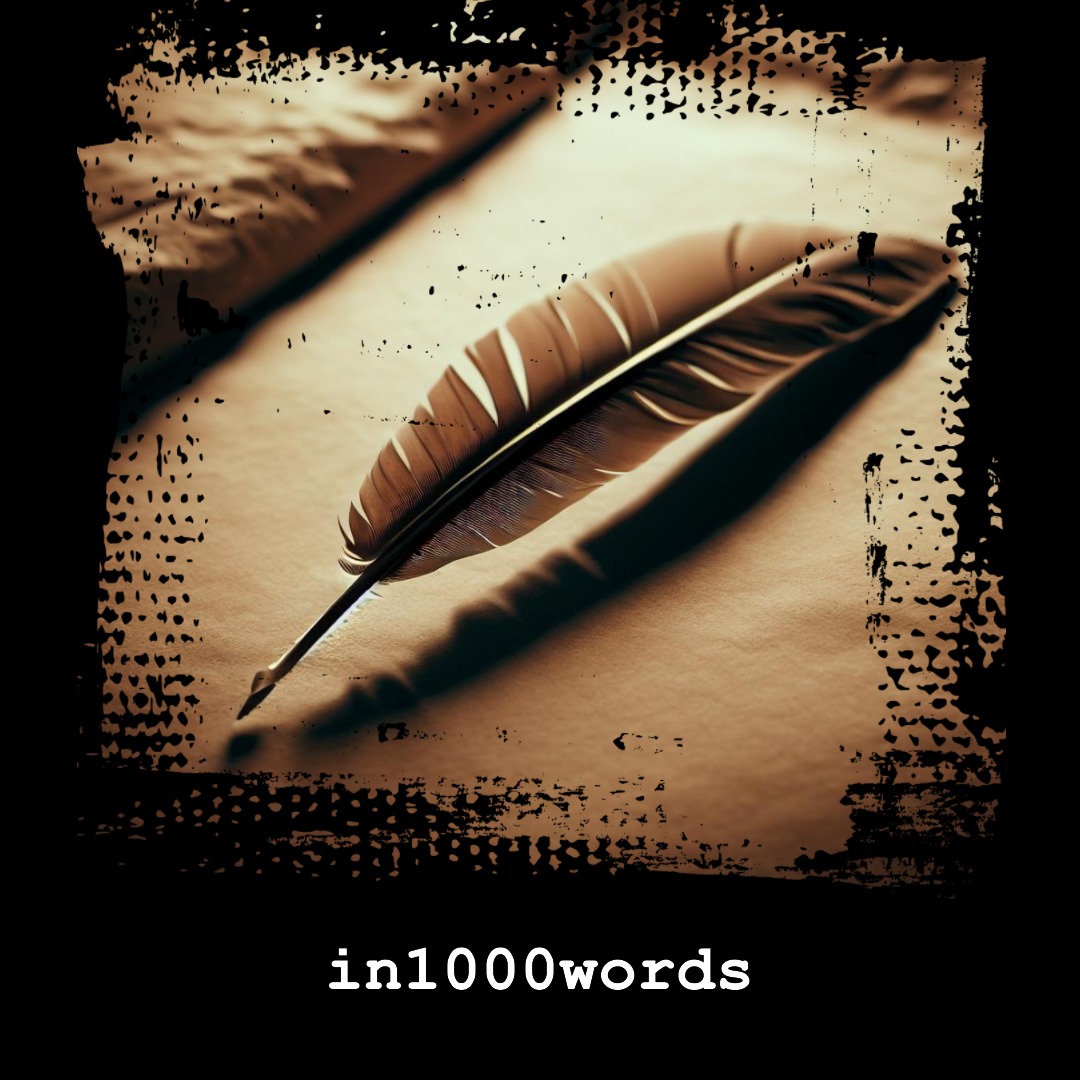Exploring the Foundation, Collapse, and Legacy of Russia’s First Historical Record.
Kievan Rus’, the medieval state that preceded modern-day Russia, Ukraine, and Belarus, was founded in the late 9th century by Scandinavian settlers known as the Varangians. The exact origins of Kievan Rus’ remain shrouded in mystery, but historians agree that the region was inhabited by Slavic tribes who were gradually assimilated into the emerging Russian identity. Over time, Kievan Rus’ grew in power and influence, becoming one of Europe’s most significant political entities. However, this golden age did not last long, as internal conflicts and external invasions led to the eventual decline and collapse of the state. Despite these setbacks, Kievan Rus’ left behind a rich cultural legacy that continues to shape Eastern European society today.
One of the primary sources we have for understanding the history of Kievan Rus’ is The Primary Chronicle, also known as the Tale of Bygone Years. This collection of texts, written primarily in Old Church Slavonic, provides a comprehensive account of events from the early days of Kievan Rus’ through the mid-12th century. While there may have been earlier attempts at recording historical events, The Primary Chronicle represents the first surviving attempt at creating a coherent narrative of the region’s past.
Chronicle’s Origins
The authorship of The Primary Chronicle remains unknown, although scholars believe it was likely compiled by a group of scribes working under the direction of a single individual. Some theories suggest that this person may have been Nestor, a monk living in Kyiv during the late 12th century. Regardless of who wrote it, The Primary Chronicle offers valuable insights into the social, religious, and political developments of Kievan Rus’.
The text begins with a creation myth, describing how God created the world and humanity before moving onto the founding of Kyiv, the capital city of Kievan Rus’. From here, The Primary Chronicle recounts the lives of various rulers, including Prince Oleg, who conquered the city of Kyivan . These stories provide a glimpse into the challenges faced by Kievan Rus’ leaders, such as foreign invasion, internecine conflict, and the need to maintain stability within their domains.
In addition to providing a record of important events, The Primary Chronicle also sheds light on the daily life of ordinary citizens. For example, the text describes the customs surrounding marriage, funeral practices, and the role of women in society. These details offer insight into the values and beliefs held by the people of Kievan Rus’, helping us better understand their culture and traditions.
Despite its importance as a historical source, The Primary Chronicle has come under criticism for its biases and limitations. As a product of its time, the text reflects the views and perspectives of those who wrote it, often portraying certain groups (such as pagan peoples) in a negative light. Additionally, the accuracy of some events described in The Primary Chronicle has been called into question, leading some scholars to view it as less than reliable. Nevertheless, the text remains essential reading for anyone interested in the history of Eastern Europe, offering valuable insights into the development of Kievan Rus’ and its impact on subsequent generations.
Conclusion
After the fall of Kievan Rus’, The Primary Chronicle continued to play an influential role in shaping national identities across Eastern Europe. In particular, the text served as a key source for Ukrainian and Russian nationalists seeking to assert their independence from Polish and Lithuanian rule. During the Soviet era, The Primary Chronicle became a symbol of resistance against communist ideology, with many writers and intellectuals using its themes of freedom and self-determination to challenge the dominant political order. Today, the text remains a cornerstone of Eastern European literature and serves as a reminder of the rich cultural heritage shared by the countries that once comprised Kievan Rus’.
Overall, The Primary Chronicle stands as a testament to the resilience and adaptability of the people of Kievan Rus’. Throughout centuries of change and upheaval, this seminal work has remained a constant presence, serving as both a historical record and a source of inspiration for future generations. Whether read as a chronicle of past events or as a reflection of contemporary concerns, The Primary Chronicle will undoubtedly continue to captivate readers for years to come.
References
– “Kievan Rus'” Wikipedia page – <https://en.wikipedia.org/wiki/Kievan_Rus%27>
– “The Primary Chronicle” Wikipedia page – <https://en.wikipedia.org/wiki/Primary_Chronicle>
– “Nestor the Chronicler” Wikipedia page – <https://en.wikipedia.org/wiki/Nestor_the_Chronicler>
– “Ostromir Gospels” Wikipedia page – <https://en.wikipedia.org/wiki/Ostromir_Gospels>
– “Ukrainian Nationalism” Wikipedia page – <https://en.wikipedia.org/wiki/Ukrainian_nationalism>
– “Russian Revolution” Wikipedia page – <https://en.wikipedia.org/wiki/Russian_Revolution>
– “Bolshevik Party” Wikipedia page – <https://en.wikipedia.org/wiki/Bolshevik_Party>
– “Red Army” Wikipedia page – <https://en.wikipedia.org/wiki/Red_Army>
– “Great Patriotic War” Wikipedia page – <https://en.wikipedia.org/wiki/Great_Patriotic_War>
– “Perestroika” Wikipedia page – <https://en.wikipedia.org/wiki/Perestroika>
– “Dissolution of the Soviet Union” Wikipedia page – <https://en.wikipedia.org/wiki/Dissolution_of_the_Soviet_Union>
– “Eastern Orthodox Church” Wikipedia page – <https://en.wikipedia.org/wiki/Eastern_Orthodox_Church>
– “Byzantine Empire” Wikipedia page – <https://en.wikipedia.org/wiki/Byzantine_Empire>
– “Varangians” Wikipedia page – <https://en.wikipedia.org/wiki/Varangians>
– “Prince Rurik” Wikipedia page – <https://en.wikipedia.org/wiki/Rurik>
– “Prince Oleg” Wikipedia page – <https://en.wikipedia.org/wiki/Oleg_of_Novgorod>
– “Prince Igor” Wikipedia page – <https://en.wikipedia.org/wiki/Igor_Svyatoslavich>
– “Prince Vladimir” Wikipedia page – https://en.wikipedia.org/wiki/Vladimir_the_Great
– “Prince Yuri Dolgorukiy” Wikipedia page – <https://en.wikipedia.org/wiki/Yuri_Dolgorukiy>
– “Tatar-Mongol Yoke” Wikipedia page – <https://en.wikipedia.org/wiki/Tatar_yoke>
– “Grand Duchy of Moscow” Wikipedia page – <https://en.wikipedia.org/wiki/Grand_Duchy_of_Moscow>
– “Ivan III” Wikipedia page – <https://en.wikipedia.org/wiki/Ivan_III_of_Russia>
– “Lithuanian-Muscovite Wars” Wikipedia page – < https://en.wikipedia.org/wiki/Muscovite%E2%80%93Lithuanian_Wars>
– “Time of Troubles” Wikipedia page – <https://en.wikipedia.org/wiki/Time_of_Troubles>
– “Michael Romanov” Wikipedia page – https://en.wikipedia.org/wiki/Michael_Romanov
– Cross, S., & Sherbowitz-Wetzor, N. (Eds.). (1953). The Russian Primary Chronicle: Laurentian Text. Cambridge, MA: Medieval Academy of America.
– Franklin, S., & Shepard, J. (Trans.). (2006). The Emergence of Rus 750-1200. London: Longman History Today.
– Pritsak, O. (1981). The Origin of Rus’. Cambridge, MA: Harvard Ukrainian Research Institute.
Tags
Divi Meetup 2019, San Francisco
Related Articles
The Plague Doctor’s Diary
A Personal Account of the Turin Epidemic of 1656. I am writing this diary to record my experiences and observations as a plague doctor in Turin, the capital of the Duchy of Savoy, during the terrible epidemic that has afflicted this city and its surroundings since the...
The Timeless Beauty of Bustan
Unveiling the Secrets of Saadi Shirazi's Masterpiece.In the realm of Persian literature, few works have captured the essence of love, spirituality, and morality quite like Bustan (The Orchard) by Saadi Shirazi. This 13th-century masterpiece has left a lasting impact...
The Shifting Sands of Faith
Paganism and Christianity in the 8th Century Bulgarian Empire. Under the vast, star-dappled sky of the 8th century Bulgarian Empire, the wind whispered tales of clashing deities and murmured prayers to a singular God. In this crucible of faiths, paganism, rooted deep...
Stay Up to Date With The Latest News & Updates
Explore
Browse your topics of interest using our keyword list.
Join Our Newsletter
Sign-up to get an overview of our recent articles handpicked by our editors.
Follow Us
Follow our social media accounts to get instant notifications about our newly published articles.

